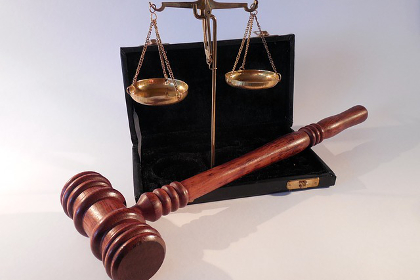
Washington State Launches Historic Lawsuit Against Monsanto Over PCBs
‘It is time to hold the sole U.S. manufacturer of PCBs accountable for the significant harm they have caused to our state,’ the state’s Attorney General Bob Ferguson said at a recent press conference.
December 15, 2016 | Source: Mint Press News | by
‘It is time to hold the sole U.S. manufacturer of PCBs accountable for the significant harm they have caused to our state,’ the state’s Attorney General Bob Ferguson said at a recent press conference.
SEATTLE — For the first time ever, a U.S. state is suing the agribusiness giant Monsanto over the toxic after-effects of polychlorinated biphenyls (PCBs), a dangerous chemical once commonly found in building supplies and industrial equipment.
Washington Gov. Jay Inslee and Attorney General Bob Ferguson, announced the lawsuit last week. The Associated Press reported on Dec. 9 that they hope to win “hundreds of millions or even billions of dollars” from Monsanto.
“It is time to hold the sole U.S. manufacturer of PCBs accountable for the significant harm they have caused to our state,” Ferguson said during a Dec. 8 press conference in Seattle.
Although PCBs were banned in the late 1970s, the chemicals are still present in many homes and public buildings, including schools, and have polluted water throughout the country. PCBs are considered a probable carcinogen and have been linked to developmental difficulties in children and animals, among other serious adverse health effects.
In 1935, Monsanto bought Swann Chemical Company, one of the primary original manufacturers of PCBs, and in the decades until the chemicals were banned, Monsanto was responsible for the creation of most of the PCBs in the country.
“Monsanto produced PCBs for decades while hiding what they knew about the toxic chemicals’ harm to human health and the environment,” Ferguson noted during the press conference.
There is proof that Monsanto knew about and deliberately covered up the dangers posed by PCBs. The AP reported:
“In 1937, an internal memo said testing on animals showed ‘systemic toxic effects’ from prolonged exposure by inhaling PCB fumes or ingestion. In 1969, a company committee on PCBs noted, ‘There is too much customer/market need and selfishly too much Monsanto profit to go out.’”
